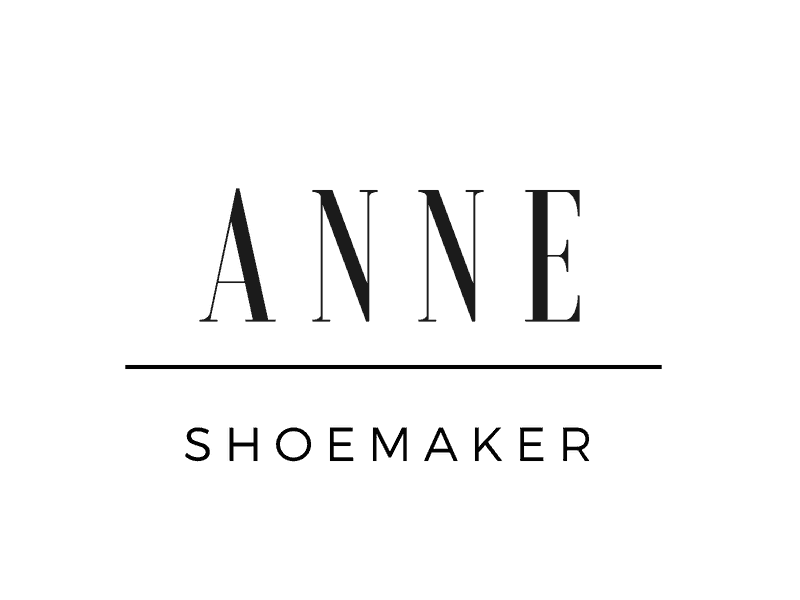3 Microaggressions in the Workplace: How Women Can Respond
Microaggressions in the workplace are sneaky. Often excused as “old-school” or generational, they can eat away at a team’s morale or a company’s culture with the offenders being none the wiser.
What are microaggressions?
Microaggressions are everyday verbal or non-verbal behaviors that deliver hostile or derogatory messaging to people of marginalized groups.
Because the utterances are often written off as cultural or delivered as compliments, even as they cut deep, it can be both difficult and exhausting for the victim to communicate their effect. Microaggressions are often the verbal manifestation of unconscious bias. Oftentimes, when a light is shown on the bias, the offender gets defensive and calls the victim “sensitive”.
And yet, microaggressions’ effect is severe.
Employees who suffer from microaggressions experience high rates of burnout and cope with the behavior by isolating themselves from the offender/team/company.
With this costly outcome in mind, it is vital that both companies and managers become familiar with microaggressions and unconscious bias.
Microaggressions in the workplace agitated me early in my career, but I couldn’t articulate the cause of my annoyance in real-time. These were acute interactions that led to feelings of annoyance and irritability. I couldn’t tell you what aspect of the interaction got under my skin (was it the messenger, or the message? Was it me/my mood?), but it was apparent that I was agitated.
Here’s the definition: “A statement, action, or incident regarded as an instance of indirect, subtle, or unintentional discrimination against members of a marginalized group such as a racial or ethnic minority.” They were insidious then and now, and I’m on a mission to bring them into the spotlight so we can eliminate them.
Here are three microaggressions that I keep bumping into:
Microaggression 1: Unauthorized Nicknames
In high school and college, whether on the pitch or in the locker room, my soccer friends and coaches called me “Shroppy” (an abbreviation of my maiden name). Someone started it; by not condemning it, I condoned it, and it stuck. Hearing that nickname now sends me back to a specific time and place with specific friends and mentors. Were I to be called “Shroppy” by anyone else, anywhere else, it would be surprising and a bit confusing.
Likewise, there are only two people in my life who ever called me “Annie”: my dad and my husband. Hearing that nickname brings up a sentiment of subordination and recollections of being a little girl who is cherished by her daddy.
You can imagine my surprise when the leader of our organization first publicly called me “Annie”. Well-intending though he was (the term “benevolent sexist” comes to mind), he had not sought my permission to call me by a pet name. Had he done so, I would have politely but ardently declined.
By using his new nickname for me publicly, in front of me, my permission was not given, but it was implied. I was thus positioned as his “little girl” or “pet”. This microaggression made it permissible for the men lateral to me to then do the same. I was thereafter immediately perceived as being junior to those with whom I otherwise shared a lateral position on the organizational chart, a damning outcome when a young woman is trying to establish her credibility in her career.
Role Reversal Exercise
Let’s apply the same practice to men and gauge their reaction.
- How would the 45th President of the United States take to a reporter calling him “Donnie”?
- I wonder if the Speaker of the House would warm to his colleagues addressing him as “Mitchie” McConnell?
We don’t need to guess what we already know: they would be offended at being “junior-ed”, their hard-won seniority being summarily pulled out from under them.

Tip #1: Ask permission
In your workplace, be mindful of others’ names AND of the way you allow others to speak to you.
Does your workplace support calling people by their last names, locker-room style? E.g., “Did Jones get you that report?” Consider asking each person what they prefer to be called before assuming that the colloquial workplace nickname has been authorized. “Your email lists your name as ‘Robert’, but I’ve heard the sales team call you Bobby. What do you prefer to be called?”
The moment a peer or superior impermissibly takes your name and twists it to their liking, make your position known: “I prefer to be called ___.” or “I go by ____”. Depending on the nature of the relationship, you may be comfortable saying, “That nickname reminds me of 3rd grade. Please, call me ____”.
Remember: you do not owe anyone any explanations. If you are concerned about being perceived as abrupt, check out this article on assertiveness vs. aggressiveness.
Microaggression 2: Lesser Terms
In 6th-grade health class, we were taught that a girl becomes a woman when menstruation begins. True, she may enjoy child-like toys, and her behavior and vocabulary may be juvenile. True, science tells us her brain (like her male peers’ brains) won’t be fully developed until age 25. Still, she is newly in possession of power found only in womanhood.
And yet, people still get away with calling adult women “girls”? In the year 2019, I hear it daily: “the girls in accounting are heading to lunch” or “I left a message with the girl at the front desk”.
Help.
These people are not girls. They are women with responsibilities; they pay rent and hire babysitters; they have resumes and college degrees.
Role Reversal Exercise
Let’s look at it in reverse, and when we do, pay attention to the corners of your mouth.
“The boys in accounting are heading to lunch” or “I left the message with the boy at the front desk”.
Did you smirk? Did you chuckle? Did you gasp, “That would never happen!” Exactly.
“The boys in accounting…”: who are you picturing right now? I see spindly legged little boys in play clothes with banged-up knees and oversize glasses sitting at behemoth desks and computers that could swallow them whole.
If your mental image is at all the same, then WHY do we allow ourselves as women to be characterized similarly? This infantilizing descriptor damages our position in the workplace and the perception of the value we bring to the table.
Are you ready to stop stuttering & start speaking?
I created this FREE cheat with you (and me!) in mind. “How to Address Overtly Offensive Comments” will equip you with statements you can keep in your back pocket. The next time you’re flabbergasted by what someone says, you’ll be ready!
Would you hire a “girl stockbroker” or would you hire a stockbroker who is a proven market maven and happens to be a woman, incidentally?
Tip #2
Battling this microaggression can be challenging in male-dominated workplaces where the testosterone level is high. Nevertheless, here are some ideas:
- “The girl? I don’t know about that, but I left a message with a woman named Sheila.”
- “Are you talking about Amanda and Sharon? I think of them as women.”
Is this a relationship where you can push the point? If so, try:
- “When you said ‘girl’, I imagined my daughter/niece. I see now you mean the woman in marketing.”
Microaggression 3: Perceived Gender-Related Skills
I joined a males-only team early in my career. My role was lateral to a male peer’s role; neither of us were in administrative positions. In our day-one, get-to-know-you meeting, the following statement came zinging across the table in my direction from our boss before I had time to ask where the bathroom was: “We’re so glad to have you on the team. You can help us get organized once and for all, heh, heh!”
I don’t know about you, but my birth certificate does not say, “Female, 8 lbs, Organizer”. The organization skills I have acquired were born out of a necessity to do well in school, manage my time wisely, land a job and generally be self-reliant.
Here’s another one: “I need you to type up the email. You can do it so much faster than I can.”
Yes, this happens in 2020.
Friends: if you have a boss who is incapable of or unwilling to type an email or open a Dropbox link (“I’ll mess it up”), you have (or, really, your employer has) a problem.

Tip #3
Were I to coach my daughter on handling this situation, I would advise her to sit in the uncomfortable for as long as possible, preferably in total silence. “Really?” (pause … 2 … 3 … 4)
Here are some other options for handling this insidious workplace microaggression:
- “It will take all of us on the team to get organized once and for all.”
- “Let me come into your office and I’ll show you how to open the link.”
Depending on your relationship, here are some more options:
- “Let me show you how cloud computing works. I’d hate for management to know this is a vulnerability of yours.”
- “Is it necessary that the email is sent in the next 60 seconds? If not, I’m not sure that typing speed plays much of a role here. I’d be happy to add value to the content of your message, though. Give me a few minutes and I’ll bring you some bullet points.”
Plan for Overcoming Workplace Microaggressions
If you are fighting workplace microaggressions, I hope you will see them for what they are.
Name them: microaggressions.
Identify the species: what exactly was it that made you spit out your coffee?
Sit with it: discern WHY it was so bothersome to you
Take action: develop a plan for how you will address this situation NOW.
Letting these microaggressions persist is akin to handing our girls a workplace with not a glass ceiling, but a steel roof. We have to cast a light on these microaggressions, eliminating them one at a time, diligently and persistently, together.
COMMUNICATIONS & MINDSET TOOLS



